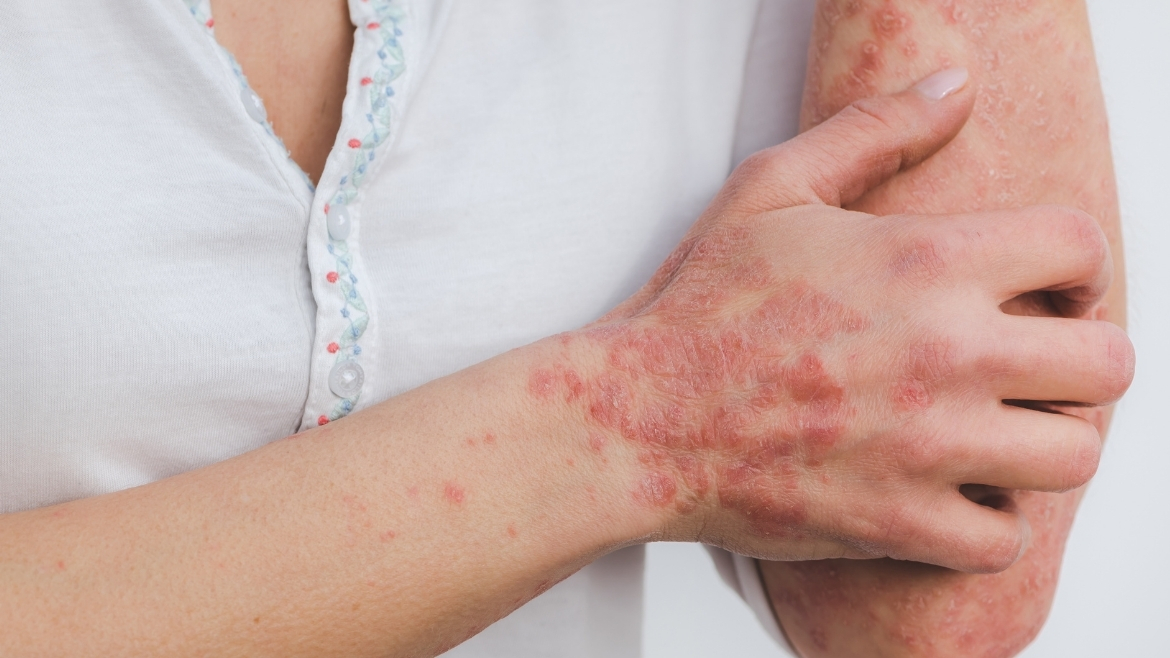Psoriasis Treatment

Psoriasis Treatment
Topical Treatments: Medications applied to the skin, such as creams, lotions, or shampoos, can be effective in controlling mild to moderate symptoms of psoriasis.
Phototherapy: Doctors may recommend light therapy to treat psoriasis symptoms using ultraviolet (UV) light. This is commonly used in particularly serious situations.
Systemic Treatments: Medications taken orally or administered by injection may be prescribed to control psoriasis symptoms. These medications are often used in severe cases of psoriasis and relieve psoriasis symptoms by altering the immune system's response.
Biological Treatments: Biological medications are used to control psoriasis symptoms by regulating the body's immune system response. This treatment is usually considered in patients who do not respond to other treatments or have serious side effects.
The most effective approach to treating psoriasis is to consult a dermatologist or specialist to determine the treatment best suited to the patient's symptoms and general health condition. Lifestyle changes may also be recommended to relieve psoriasis symptoms, which may include stress management, a healthy diet, and proper skin care.

